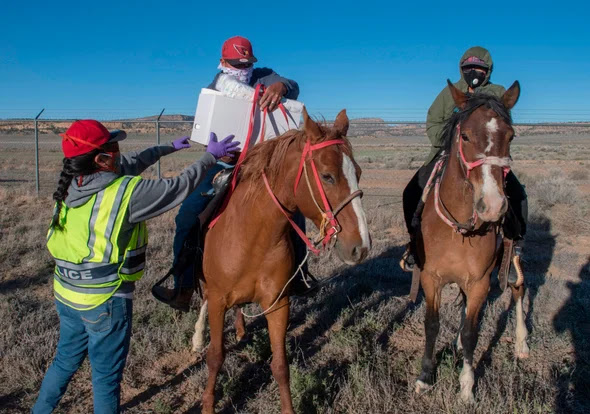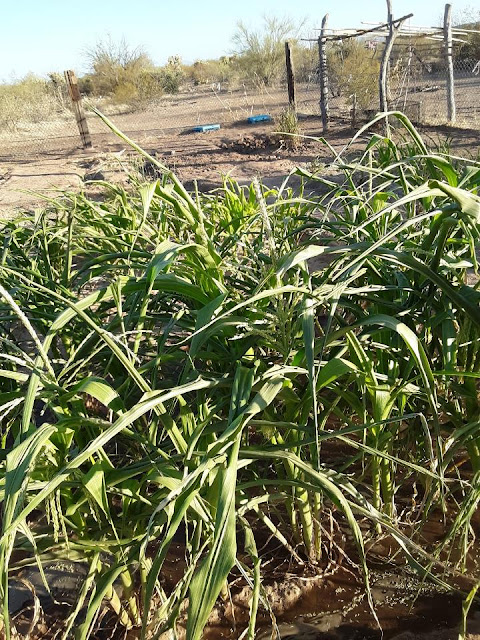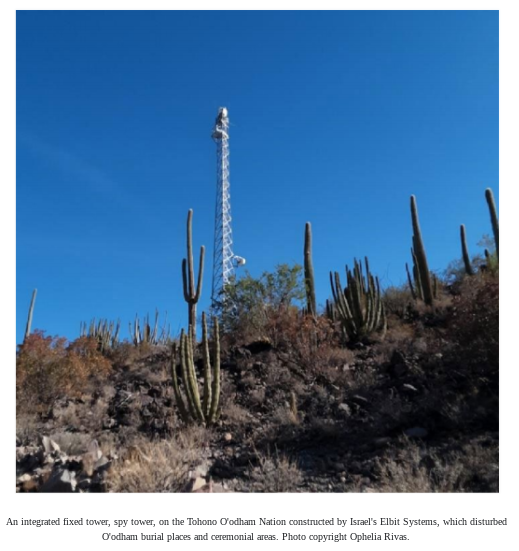 |
Old-growth Ponderosa pines; Tomas Rojo; Vicam Yaqui International Water Forum in Sonora;
Photo in front of Navajo Nation Council chambers by Cate Gilles. |
Honoring Heroes Leroy Jackson, Cate Gilles and Tomas Rojo -- as Canada's Mining Industry Implodes
Brenda Norrell
Censored News
French translation by Christine Prat
In memory of three of my friends, I've written about the world mining conference in Toronto this week.
The majority of the mining corporations -- linked to the murders of Indigenous Peoples around the world who are defending their land -- are based in Canada.
While Indigenous People protested, it was surprising to see four Native people in Canada have joined the boards of directors of notorious mining companies; companies blasting and ripping into the earth for gold, silver, cobalt, nickel, copper, lithium, and other veins of the earth.
Remembering and honoring my friends Leroy Jackson, Cate Gilles and Tomas Rojo
Leroy Jackson, Dine', fought the cutting of the old-growth Ponderosa yellow pines in the Chuska and Tsaile mountains, and the Navajo tribal logging operation. Leroy was cofounder of Dine' Citizens Against Ruining our Environment, Dine' CARE.
Leroy lived his struggle.
Since I was a reporter for Associated Press at the time, Leroy's interviews reached around the world. One of Leroy's most effective tools protecting the tall yellow pines on the Navajo Nation, and shutting down the tribe's logging operation was his sense of humor.
Leroy was found dead in the mountains near Taos after his life was threatened on the Navajo Nation.
Cate Gilles, reporter, covered the Navajo and Hopi areas and the truth about Peabody Coal on Black Mesa. She was among the first to expose the danger of radiation from uranium mining in the Grand Canyon, and the threat of contamination for the Havasupai in their homeland, after she received a degree in environmental journalism.
Cate was found hanged in Tucson while working for the Pascua Yaqui Tribe.
Tomas Rojo, Yoeme (Yaqui), in Vicam Pueblo, Sonora, Mexico, was kidnapped and brutally murdered last year.
Tomas was the spokesperson for the Traditional Authority of Vicam, as they fought to protect their water in the Yaqui River from the theft by the Independence Aquaduct for the City of Hermosillo.
Vicam Yaqui held major highway blockades for years blocking commercial traffic to the U.S. and resisted the state and federal governments, military, ranchers, and cartels.
Vicam hosted international water forums and the Zapatistas international gathering.
It was an honor to know all three, and the beauty of their work, sacrifices and service to the people, water and earth.













 CANADA’S INDIAN DAY SCHOOL TORTURE SYSTEM
CANADA’S INDIAN DAY SCHOOL TORTURE SYSTEM










.jpeg)
.jpeg)




.jpeg)
